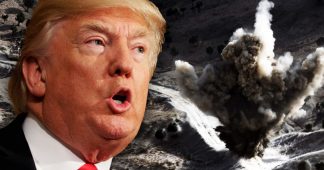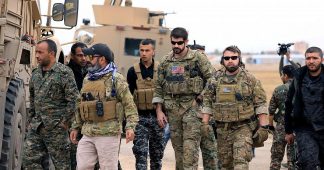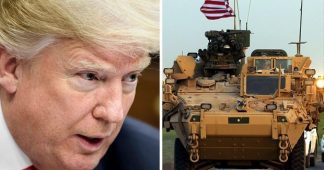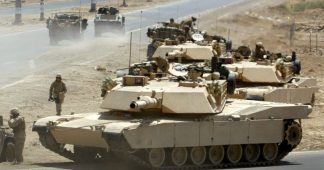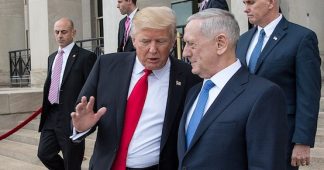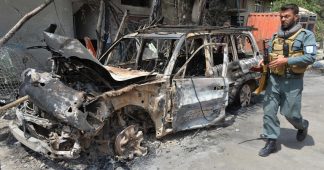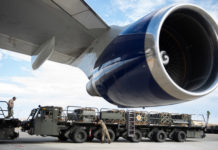13 Jun, 2020
US President Donald Trump has declared that America will shift its focus from waging “endless wars” and being the “policeman of the world,” rehashing his 2016 campaign promises that were not fulfilled.
The US is entering a “crucial moment” of its history, the president said as he addressed the US West Point Military Academy graduates in his commencement speech. “We are ending an era of endless wars.”
“It is not the duty of the US troops to solve ancient conflicts in faraway lands that many people have not even heard of,” he said, adding that Washington is “not a policeman of the world” anymore. That is something Trump has been promising ever since he was campaigning for president back in 2016. But has his almost four years of presidency made the US foreign policy any more peaceful?
His words come amid reports about the White House’s plans to pull out 9,500 troops from Germany – something that has already given some US allies, as well as hawks in Congress, a reason to worry about the US’ “diminishing” role on the world stage. Yet, their concerns could well turn out to be premature.
After all, Trump has so far failed to effectively pull out the US forces from pretty much anywhere. The US troops are apparently not in a hurry to leave Afghanistan – a country where America waged a really “endless” war of our age only to admit it could not defeat the local Taliban militants.
Washington signed a troop withdrawal deal with the Taliban in February, but the US forces are still there since the agreement is conditional on the intra-Afghan peace process and the talks between the insurgents and the Kabul government have been mired in setbacks.
Although American forces did scale down their presence in Iraq, they are hell bent on staying there in the foreseeable future. Washington even told Baghdad the US’ presence on Iraqi soil was “appropriate” after the country’s parliament told them to leave following the killing of the top Iranian general Qassem Soleimani that almost spilled into another military conflict.
Even his much hyped retreat from Syria, which led the Pentagon to issue a damning report warning about the withdrawal paving the way for the resurgence of Islamic State (IS, formerly ISIS), was in fact only a partial one.
Some US troops and assets stayed in the country – where they had no legal right to be in the first place – to deny any malicious forces, which, in the eyes of the Pentagon, likely included the Syrian government, access to oil resources. Trump himself repeatedly bragged “We’re keeping the oil’ – something that appears to be part of “vital US interests” pretty much anywhere in the world.
And national interests are certain to stay high on the US military agenda, the president admitted. “There is a renewed clear-eyed focus on defending America’s vital interests,” he said in his West Point speech.
It was in pursuit of these interests apparently that the US pulled out of the nuclear deal with Iran and pushed tensions in their relations with the Islamic Republic to such a point that many feared a war could break out between the two nations at any moment.
It was on Trump’s orders that the US assassinated Soleimani. It was Trump who ordered the US Navy to destroy any Iranian vessels should they “harass” American warships – all after a maritime incident in the Persian Gulf – some 7,000 miles away from the US territory.
It looks extremely unlikely that Trump would suddenly abandon such policies. Not least because he himself warned America’s “enemies” that Washington would “never hesitate to act” should the US people – or soldiers for that matter – be “threatened.”
Yet, he might have been right about at least one thing when he said that “the job of the American soldiers is not to rebuild foreign nations.” After all, the US military is hardly up to that task since it is known for bombing hospitals in Afghanistan and leveling Syria’s Raqqa and Iraq’s Mosul almost to the ground – all in the process of their “liberation.”
